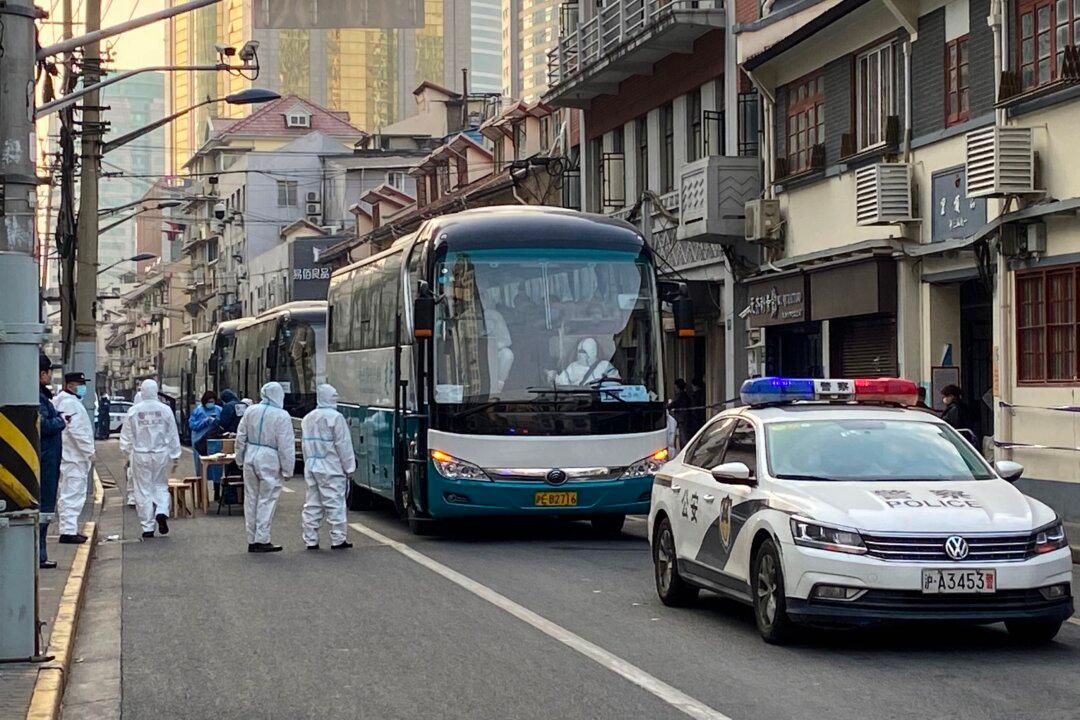Northeastern China’s Heilongjiang Province is a new epicenter for the Chinese Communist Party (CCP) Virus outbreak. In Harbin, capital city of the province, many communities are under lockdown. Buses were seen taking residents away for mass quarantine in recent days.
Over 100 Infected at Zhengda Foods
According to China’s official statistics, on Jan. 21, a total of 41 new infections were identified in Harbin, among them 38 employees at Zhengda Foods.However, The Epoch Times learned from several locals that more than one hundred employees from Zhengda Foods were diagnosed with COVID-19, the disease caused by the CCP virus.





